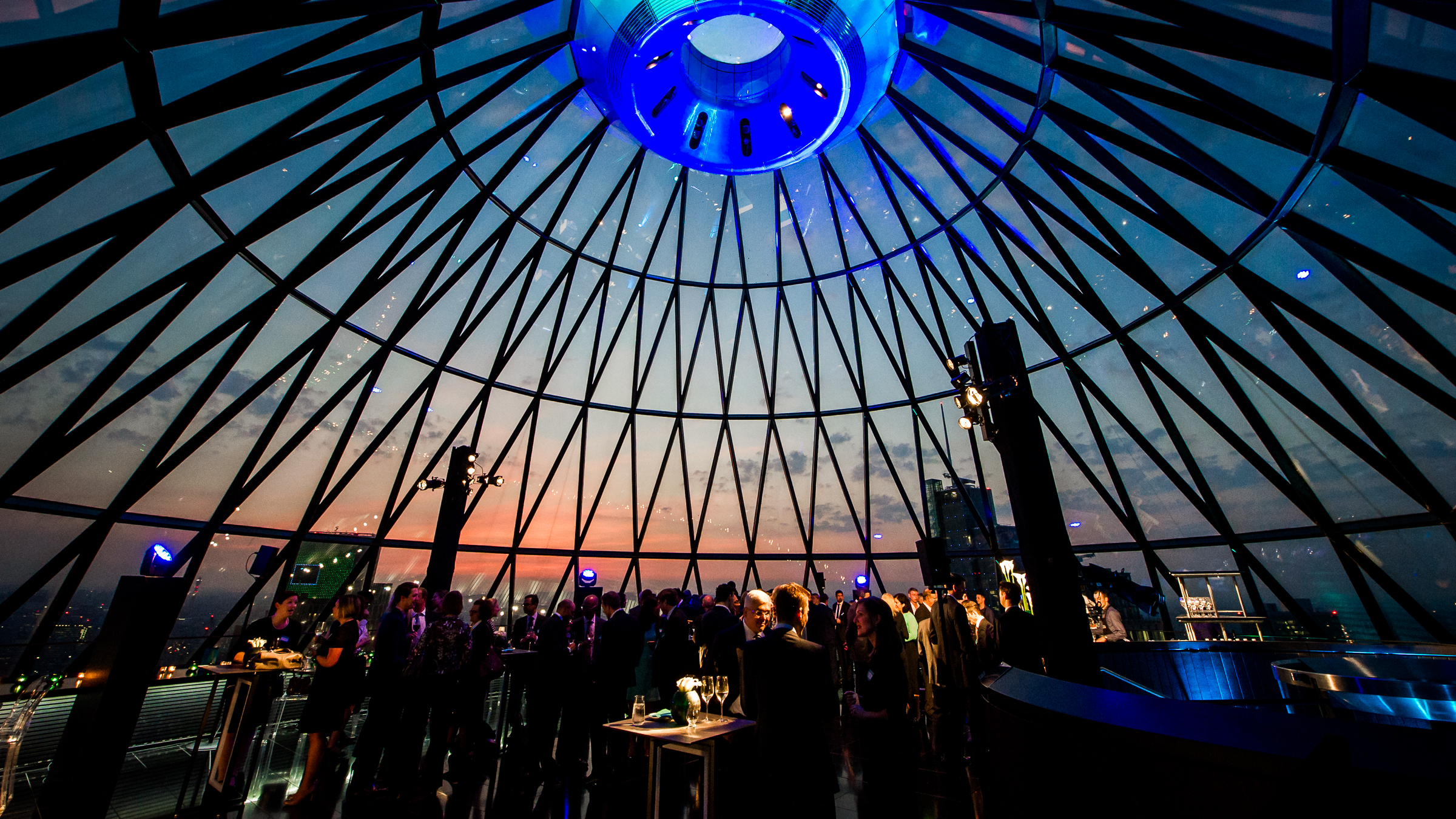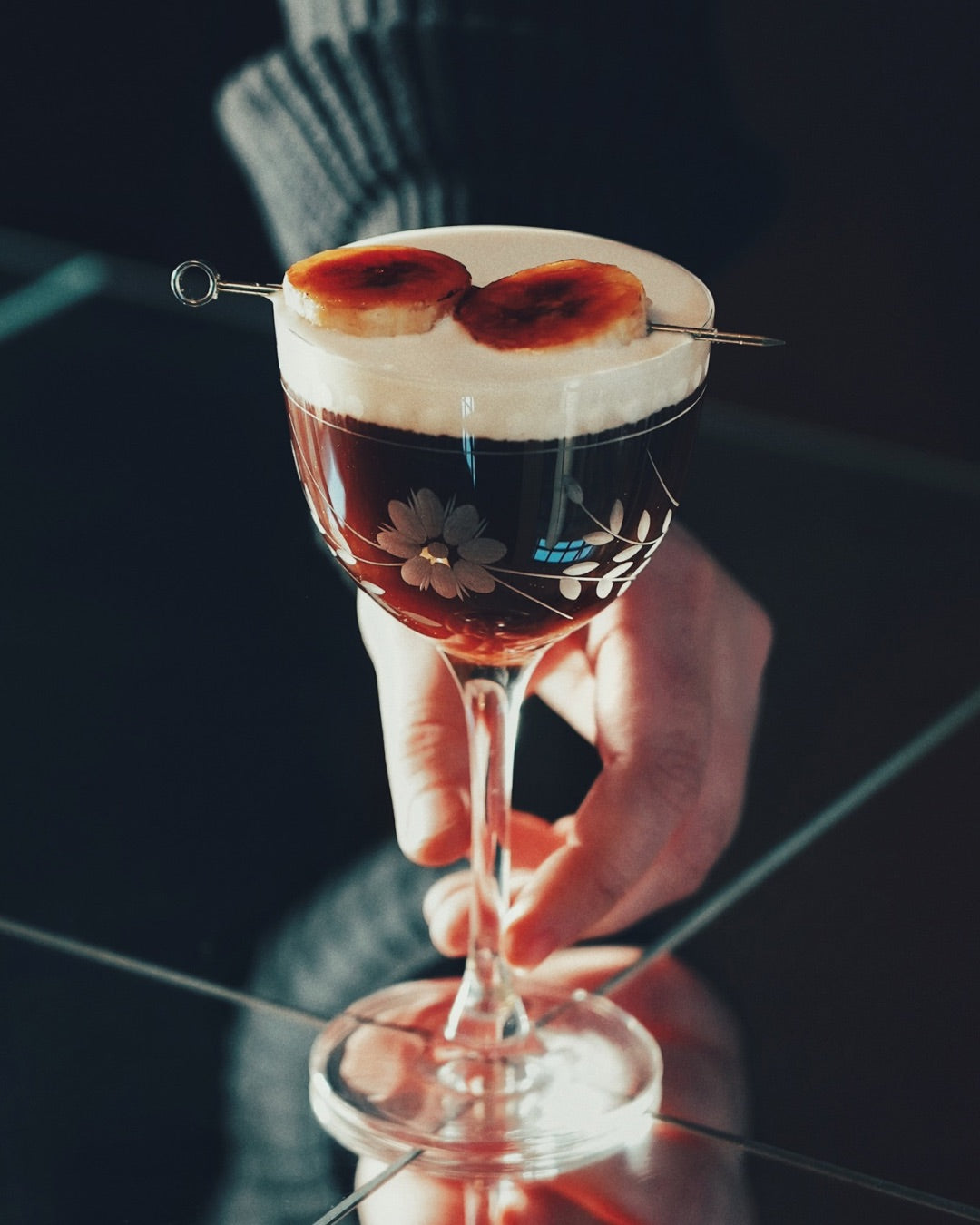In hidden lounges from Tokyo to Zurich, a new era of mixology is emerging—one where drinks aren’t just crafted for your palate, but for your DNA. These invitation-only bars offer bespoke cocktails that blur the line between luxury indulgence and cutting-edge biohacking.
1. The Genetic VIP List

Gone are the days of velvet ropes and secret passwords—entry now requires a saliva swab. Patrons submit their genomic data to gain access to venues like London’s Helix & Tonic or Singapore’s Base Pair Bar. The result? A drink menu that evolves with your biology, offering formulations incompatible (or even dangerous) for anyone else. It’s exclusionary science disguised as haute mixology—a nightclub where your body is the bouncer.
2. Biochemical Sleight of Hand
Each shimmering glass contains a precision cocktail of nootropics, adaptogens, and gene-responsive compounds. A sip might deliver a dopamine precursor to brighten your mood, a neural lubricant to sharpen focus, or enzymes to temporarily enhance memory recall—all masked by the botanical complexity of rare amaros and single-origin tonics. The Mnemosyne Martini, for instance, uses crispr-modified citrus to boost short-term recall for exactly 47 minutes—perfect for high-stakes negotiations.
3. The New Social Divide
These elixirs don’t just cater to health—they weaponize wellness. Regulars speak of “genetic happy hours” where colleagues drink together but experience entirely different effects: one gets calmly creative while another becomes ruthlessly analytical. The implications are unsettling: a world where cognitive advantages are literally poured from a shaker, and your ability to network depends on your CYP2D6 enzyme expression.
The Ultimate Personalized Vice
This isn’t mere mixology—it’s alchemy for the genomic age. As these elixirs redefine what it means to “have a drink,” they pose a provocative question: In the future, will social inequality be measured not in wealth or access, but in who can afford a perfect biochemical evening—and whose DNA is even welcome to try?
